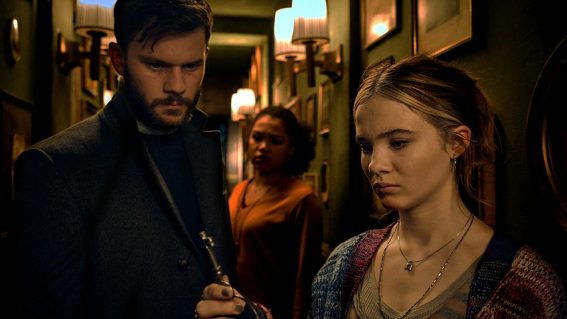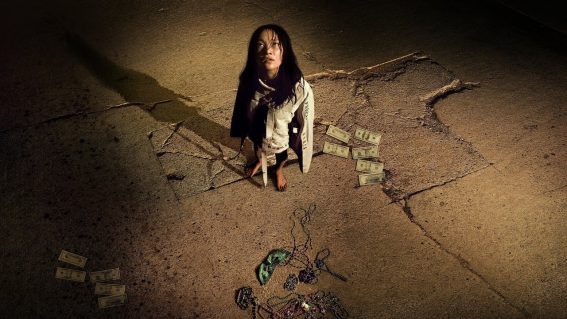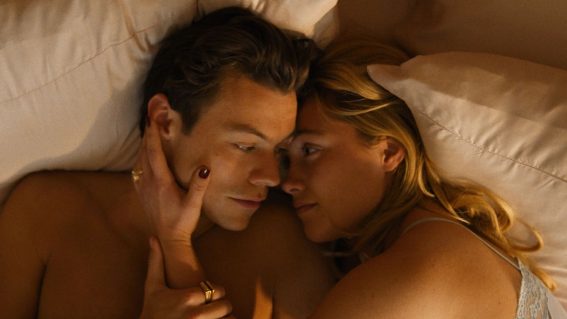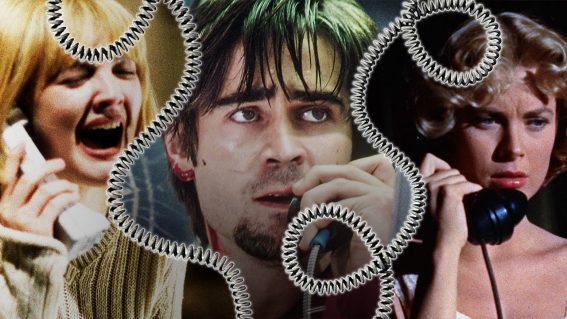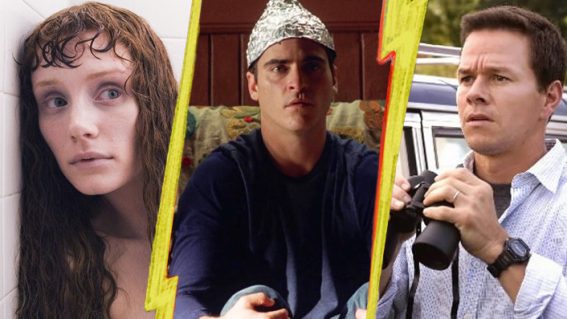Men tries to teach men a lesson about women’s trauma—tedious in the extreme
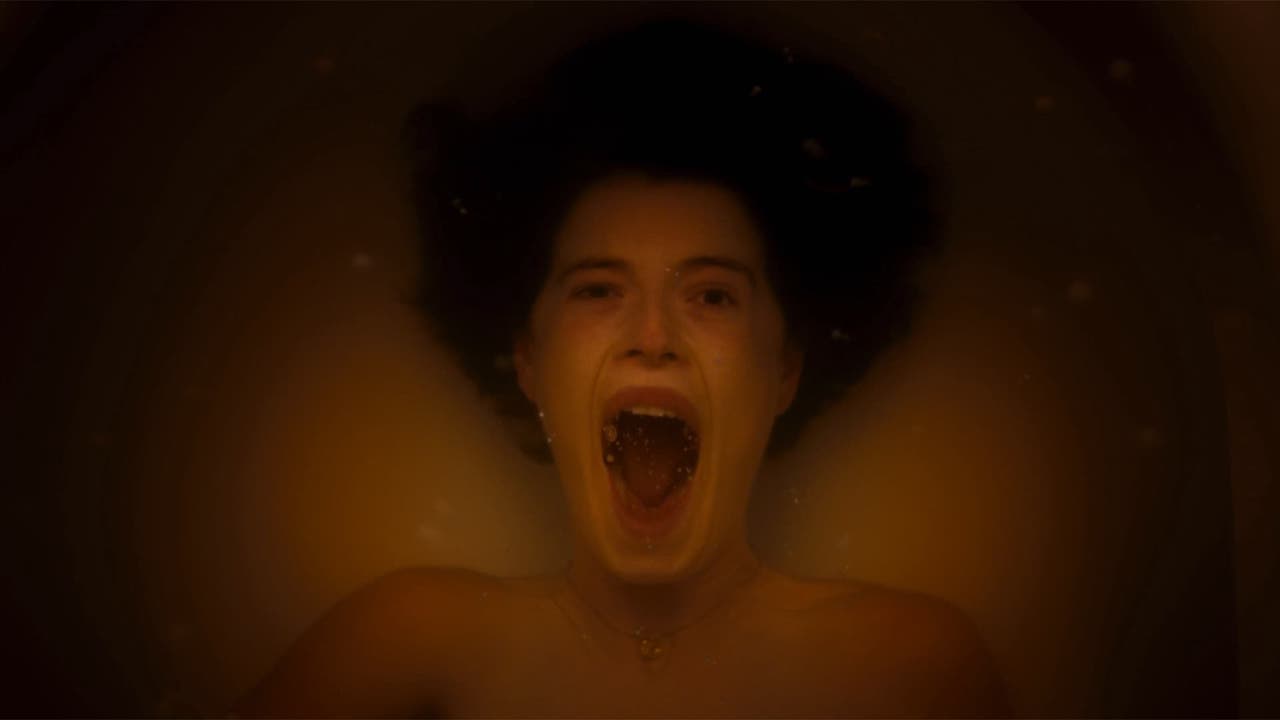
Alex Garland’s grisly body-horror totally misses the point in Men, a victim-blaming film which critic Lillian Crawford found far more irritating than insightful.
Nothing frightens me more than men. As a woman with Complex PTSD as a result of repeated traumas wrought by men, I feel justified in saying this—and I am far from alone. Harper Marlowe (Jessie Buckley), the lead character in Alex Garland’s latest film simply entitled Men, has survived domestic abuse from her deceased ex-husband, played by Paapa Essiedu.
The key to managing PTSD is to find a way to process it, and to take control over the intrusive thoughts and flashbacks those abuses leave imprinted on us. Harper has not yet done so, attempting to find solace in the English countryside where her mind wreaks havoc upon her.
Garland is obsessed with the female psyche. His 2014 directorial debut Ex Machina told the story of an inventor so wealthy he could build a woman for himself from scratch. What Garland failed to grasp with that film was the inevitable failure of a man building a woman, of having her agency always rooted within the mind of her male creator that led to a distorted, fetishised version of womanhood being depicted on screen. Garland is a man who thinks he understands women, but fails at the very first hurdle—his own male identity.
What gives him the right, then, to make Men, a film premised on its apparent dissection of female trauma? It is disappointing to see Garland return to his earlier “gendered brain” analysis of Ex Machina after moving away from that to some extent with his 2018 adaptation of Annihilation.

That film ended with a danse macabre of a genderless alien figure, a wrestle within the self between the body and the traumatised mind that was striking in its otherworldly symbolism. Unlike the endless investigative diagnoses of Ex Machina and Men, with Annihilation Garland presented audiences with a tabula rasa onto which one could project one’s own thoughts and interpretations freely.
No such space is permitted to the viewer of Men. So blunt and on-the-nose is its imagery that it often feels like being bludgeoned with insultingly obvious metaphor. The film is bookended with two versions of “Love Song”, the original 1969 version by Lesley Duncan at the start and a cover by Elton John at the end: the words shifting in their gendered interpretation, especially the verse: “You say it’s very hard/to leave behind the life we knew/but there’s no other way/and now it’s really up to you.” There is a level of responsibility or blame placed on Harper for what she has experienced, and how she should go about processing that trauma.
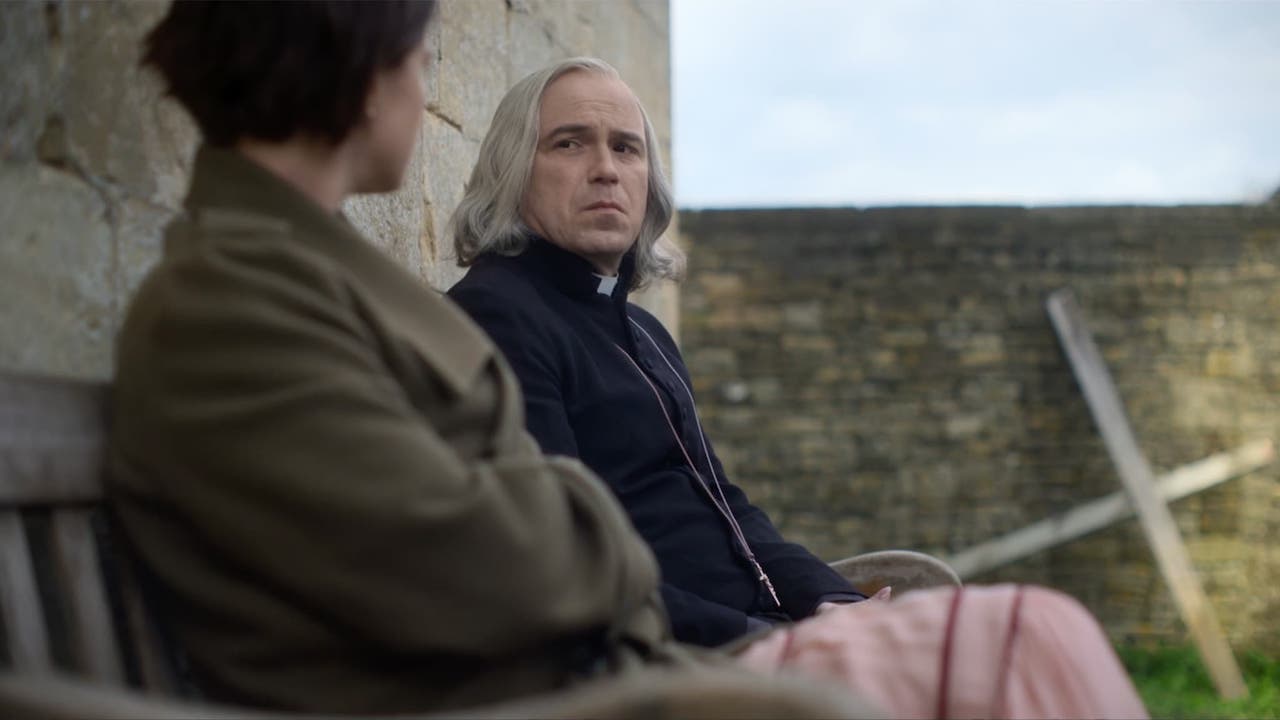
The actual set-up is a classic one: the folk horror-cum-black comedy of a village filled with identical men à la Kind Hearts and Coronets, shows all men regardless of age or profession to be equally threatening in Harper’s eyes, through the device of having all the male characters played by Rory Kinnear. That ranges from the man renting her lodgings to schoolboys, priests, and policemen—the last of which, with his refusal to acknowledge Harper’s report against a naked stalker (who looks just like the policeman), is particularly egregious for a female audience. But then, are women the audience Garland has made this film for?
What Men reads as is a statement from a man calling for other men to think on their sins. See that title not as descriptive, but as an invocation for men to listen and pay attention. Perhaps Garland thinks that by having this message come from a male writer and director, it is more likely to force other men to pay attention than if it was a film made by a woman about the impact of sexual assault and misogynistic violence. Whatever Garland’s intentions, that does not exonerate him from making a film which so grossly and shamelessly makes entertainment of Harper’s traumatic experiences.
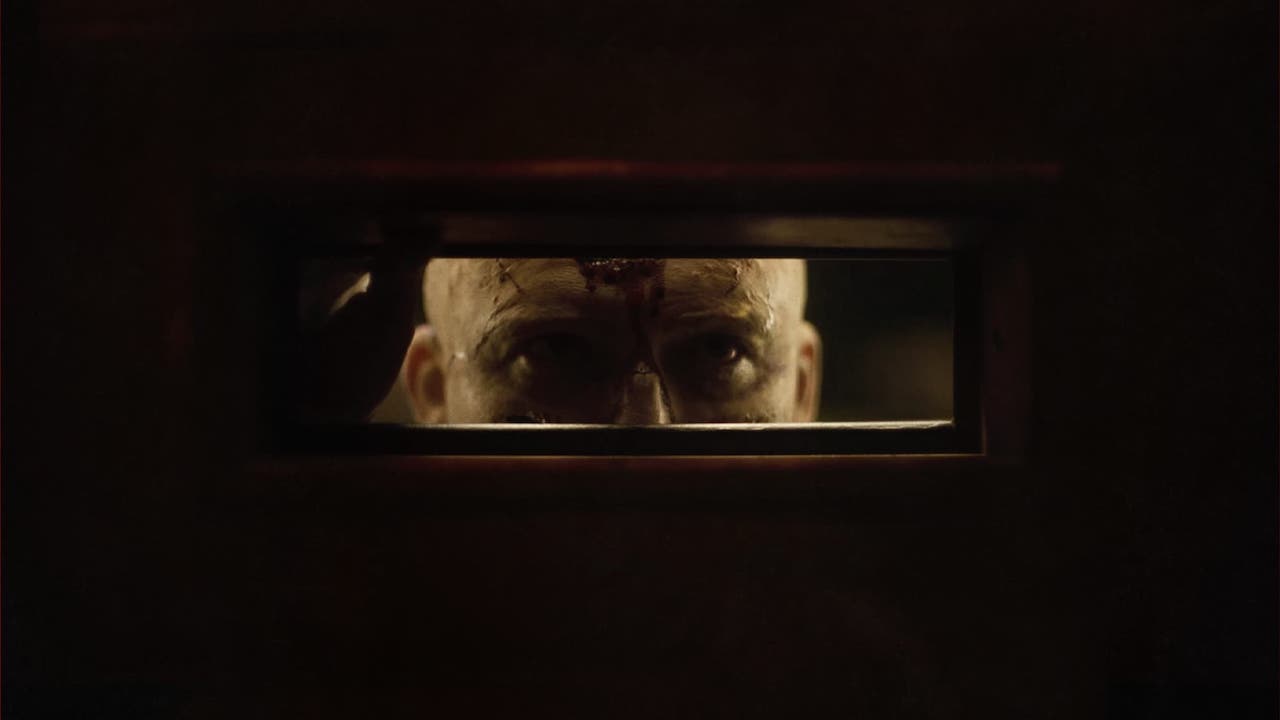
Buckley holds her nerve against the pantomime performance Kinnear puts on in his various false teeth and silly wigs. She does not simply give in to the film’s premise, resisting the oppression around her from figures such as the priest who tells her she is partly to blame for her husband striking her.
She is repeatedly stalked, threatened, and sexually assaulted by men in the village while the apparent hallucinatory nature of her flashbacks and anxieties are repeatedly dismissed through a system of gaslighting (quite literally when the lamps in the house flicker and extinguish around the figures she sees). The effect is to make an audience question Harper’s sanity rather than reinforcing just how real those flashbacks are to her.
The ending of the film reifies the blunt stupidity of Garland’s sermon. It is a balletic exercise in body horror reminiscent of the climax of Annihilation, but this time is grounded firmly in raw sexed flesh. We see the masculine persona give way to the pregnant schoolboy, closing the camera on the bloody vulva that breeds the next age of man.
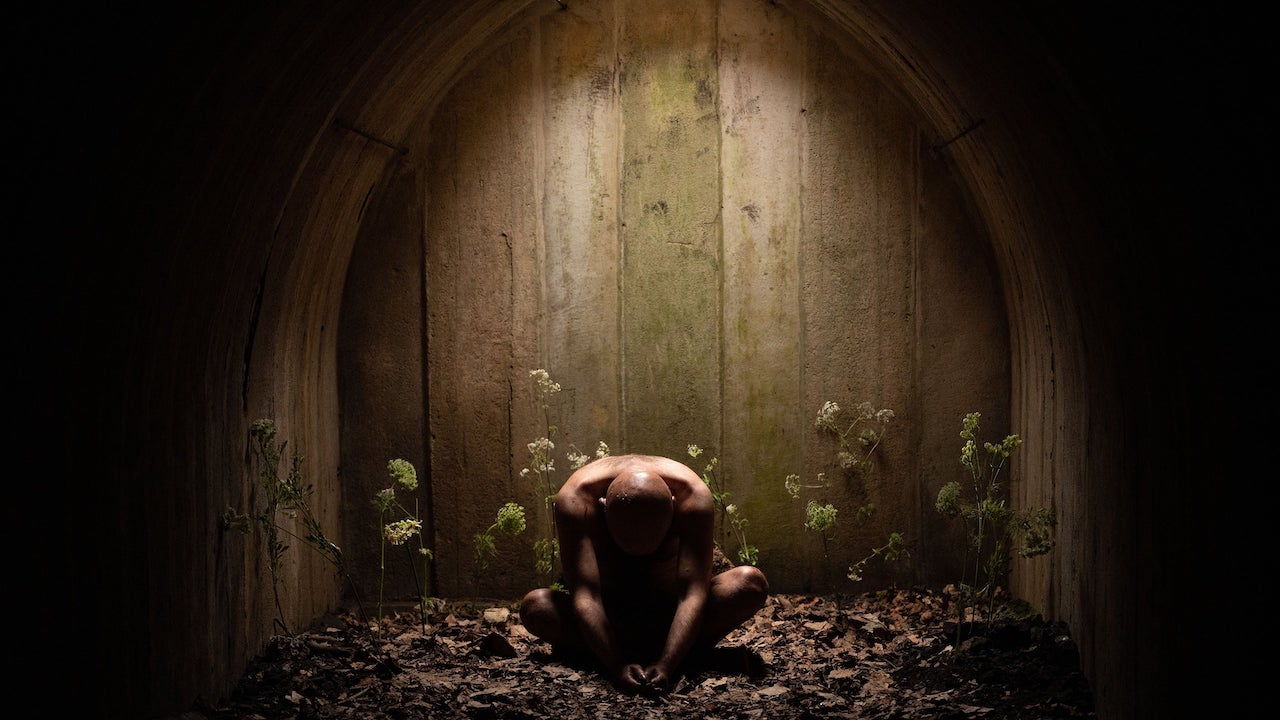
The evolution continues, as simplistic an understanding of human bodies as offered in the psychoanalytical theories of Sigmund Freud and Jacques Lacan, drawing attention to the fetishisms of man that come from observing women as his castrated counterpart. Kinnear gives way to Essiedu, the history of men depicted as snivelling bodies lusting after female flesh for the continuance of their cycle of dominance. It is tedious in the extreme.
If Men is a call to arms from the perspective of a self-appointed, self-aware man to other men, then let this review be a plea from a woman to leave explorations of our trauma to women themselves. It’s really not the good look you think it is.





